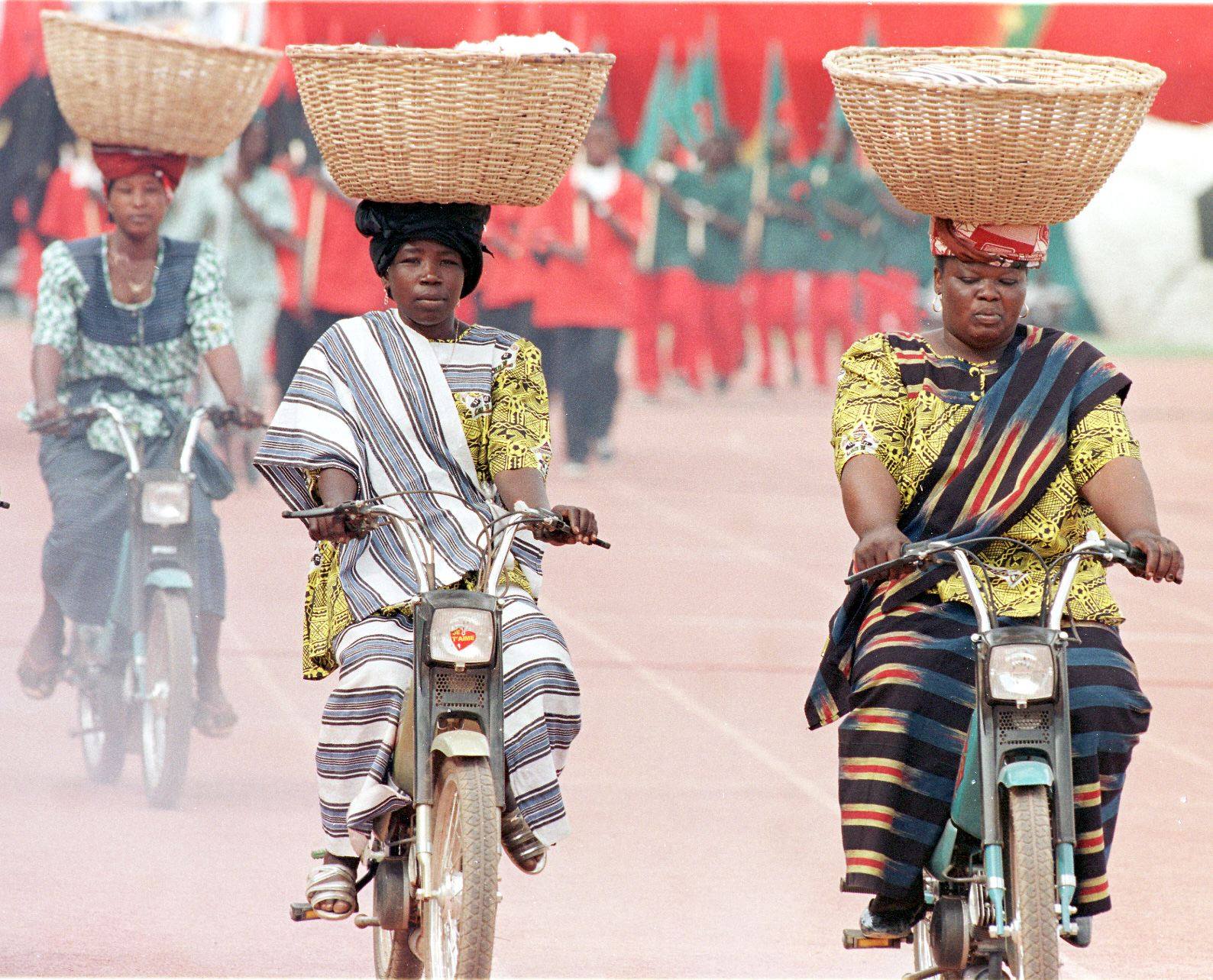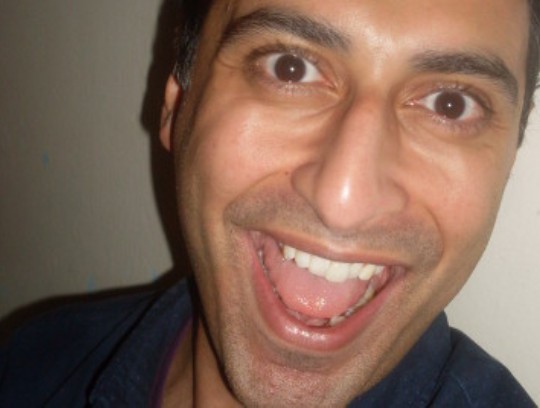By Iminza Keboge
Published October 3, 2016
Fourteen women from 26 black African Countries have been honoured for their work and impact in the scientific field.
The recipients of the Post-Doctoral Fellowships of 10000 Euros each are:
- Stephanie Fanucchi, South Africa, University of Cape Town and CSIR (Deciphering the roles of non-coding RNAs in immune gene regulation), and
- Raquel Garcia, Angola, Centre for Invasion Biology,Stellenbosch University (Effects of plant invasions on native ectotherms under a warming climate).
RELATED:Manifesto to Promote Women in Science Launched
The women in Science, Technology, Engineering and Mathematics (STEM) who received the Doctoral Fellowships of 5000 Euros each include:
- Penelope Dobrowsky, South Africa, University of Stellenbosch, Cape Town (Legionella Species Persistence Mechanisms in Treated Harvested Rainwater)
- Usisipho Feleni, South Africa, University of Western Cape (Smart bio-electrochemical sensing and signaling of inter-individual responses to breast cancer treatment)
- Xandri Schoultz, South Africa, Nelson Mandela Metropolitan University (Novel rhenium-benzazole complexes as anti-cancer agents)
- Juliet Sackey, Ghana, University of South Africa, UNISA (Biomimicry of the multi-scaled architecture on selected butterfly wings for photonic applications)
- Millicent Akotam Agangiba, Ghana, University of Cape Town (Investigating E-government Accessibility for Persons with Disabilities in Developing Countries – The Case of Ghana)
- Madina Mohamed Adia, Uganda, Makerere University (Bioactivity, Toxicity and Phytochemistry of selected medicinal plants used by Rukararwe and Prometra Herbalists in treatment of malaria in Uganda)
RELATED:Telecommunications Masts Forum Fails to Enlighten
- Luicer Anne Ingasia Olubayo, Kenya, University of Witwatersrand (Construction and functional characterization of Genotype E of Hepatitis B virus replication competent plasmids with authentic endogenous promoters)
- Angela Karoro, Uganda, University of South Africa, UNISA (Solar selective properties of the Laser treated tubular cobalt-alumina nanocomposite)
- Bibi Nafiisah Chotun, Mauritius, University of Stellenbosch (Hepatitis B virus-related liver cancer in South Africa: Investigations into the risk profile of a previously unscreened population from the Western Cape, South Africa)
- Colette Njiki Chatue, Cameroon, University of Dschang (Petrogenesis of the Numba granitic pluton (SW – Cameroon); Rokhiya Dia, Senegal, Université de Thiès (Numerical simulation of velocity and pressure fields for fluid flow through microtubes with complex geometries: Application to the flow dynamics of cerebrospinal fluid along a shunt device in patients with hydrocephalus pathology), and
- Eseoghene Umukoro, Nigeria, University of Johannesburg (Experimental and computational study of the electrochemical and photo-electrochemical oxidation of organic pollutants at carbon based-semiconductor composite electrodes).
Offered in partnership with UNESCO’s African Network of Scientific and Technological Institutions (ANSTI), the L’Oreal-UNESCO For Women in Science Sub-Saharan Africa programme is said to be reaching many women across Africa.
The keynote address during the awards ceremony at The Venue Greenpark, Johannesburg on September 28, 2016 was delivered by International Laureate from the 2016 L’Oreal-UNESCO For Women in Science International Award, Professor Quarraisha Abdool Karim, Associate Scientific Director: CAPRISA, PI: CAPRISA Clinical Trials Unit, Professor of Clinical Epidemiology Columbia University and Honorary Professor in Public Health, University of KwaZulu-Natal.
RELATED:Kenyan State Universities’ Affirmative Action Harmful
Professor Abdool Karim was chosen from the Africa & Arab States region for her remarkable contribution to the prevention and treatment of HIV and associated infections, greatly improving the quality of life of women in Africa.
The recently launched manifesto For Women in Science has already been signed by numerous people across the world. This Manifesto aims to take a stand against the under-representation of women in the sciences. It is available on ForWomenInScience.com so that everyone can support this cause.
L’Oreal-UNESCO For Women in Science says that more than 2500 researchers from 112 countries have over the past 18 years been distinguished for their extraordinary discoveries and supported at key moments in their careers.
“Our changing world has never been in greater need of women and their discoveries. With the For Women in Science programme, the L’Oreal Foundation is committed to promoting these women in science who will change the world. We are determined to fight for science and to build a more beautiful world together,” stated Sandeep Rai, Managing Director, L’Oreal South Africa.





